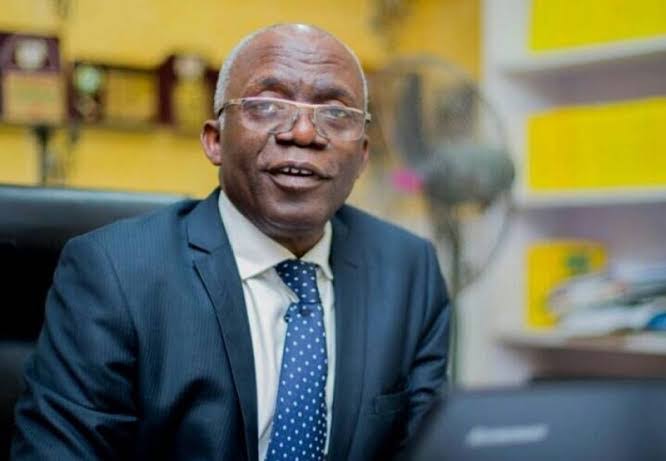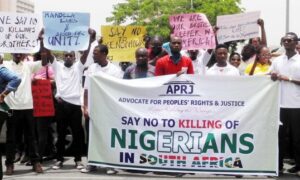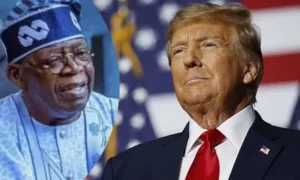Human rights lawyer and activist, Femi Falana (SAN), has said that liberal bail conditions for treasonable offences were feasible under military rule while onerous bail conditions have become the practice under democratic system of government.
Falana said that bail conditions set by judges under military rule were not as stringent as bail conditions imposed on citizens charged with criminal offences under the current democratic dispensation.
He said that Section 35 of the 1999 Constitution of the Federal Republic of Nigeria and Article 6 of the African Charter on Human and Peoples’ Rights (Ratification and Enforcement) Act, Cap A9, Laws of the Federation of Nigeria 2004, uphold the personal liberty of every individual.
According to him, although the state may limit this right if there is reasonable suspicion that someone has committed a criminal offence, a suspect is entitled to bail while awaiting trial, investigation, or appeal.
“However, bail may be denied if evidence shows that an accused person could interfere with an investigation, flee, or continue committing the crime.
“The principle behind granting bail before trial is to prevent wrongful detention, as every person is presumed innocent until proven guilty in court,” he said. He noted that in Obekpa v. Commissioner of Police (1980), Al-Hassan Idoko J. (as he then was) emphasised, “The spirit behind Section 32(4) (a) and (b) of the Constitution is to avoid wrongful incarceration of an accused person until proven guilty.
“This privilege allows individuals wrongly accused to avoid unjust punishment, ensuring ac- cess to legal counsel, preparation for defence, and the preservation of the presumption of innocence.”
Falana recalled that in Nigeria’s Second Republic, judges granted bail liberally in line with Section 32 of the 1979 Constitution, which aligns with Section 35 of the 1999 Constitution.
He noted, “Even under the military regime, politicians and activists charged with treason or treasonable felony were often granted bail under relatively lenient conditions.
“Commissioner of Police v. Dr. Beko Ransome Kuti & 4 Ors. (1992) Dr. Kuti and others were accused of treasonable felony for circulating posters calling for the removal of President Babangida.
“Chief Gani Fawehinmi and I, despite being held incommunicado in Kuje Prison, argued for our bail.
“The Chief Magistrate initially did not have access to the authorities we cited but allowed us to submit them via our lawyers.
“Two weeks later, we were granted bail in the sum of N20,000 each, with one surety in the same













